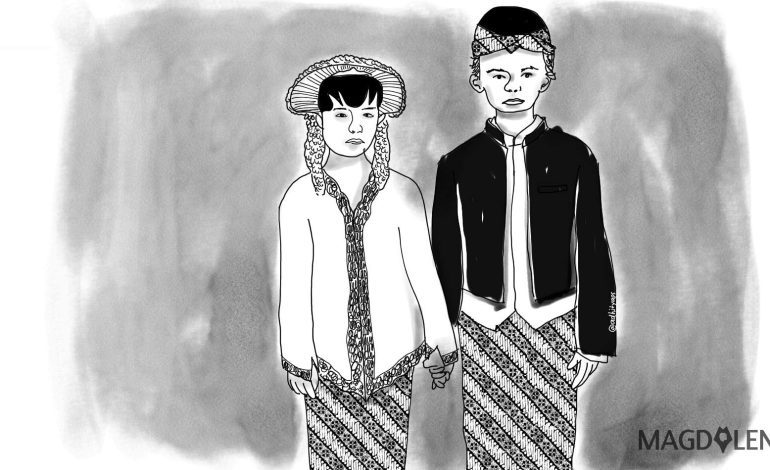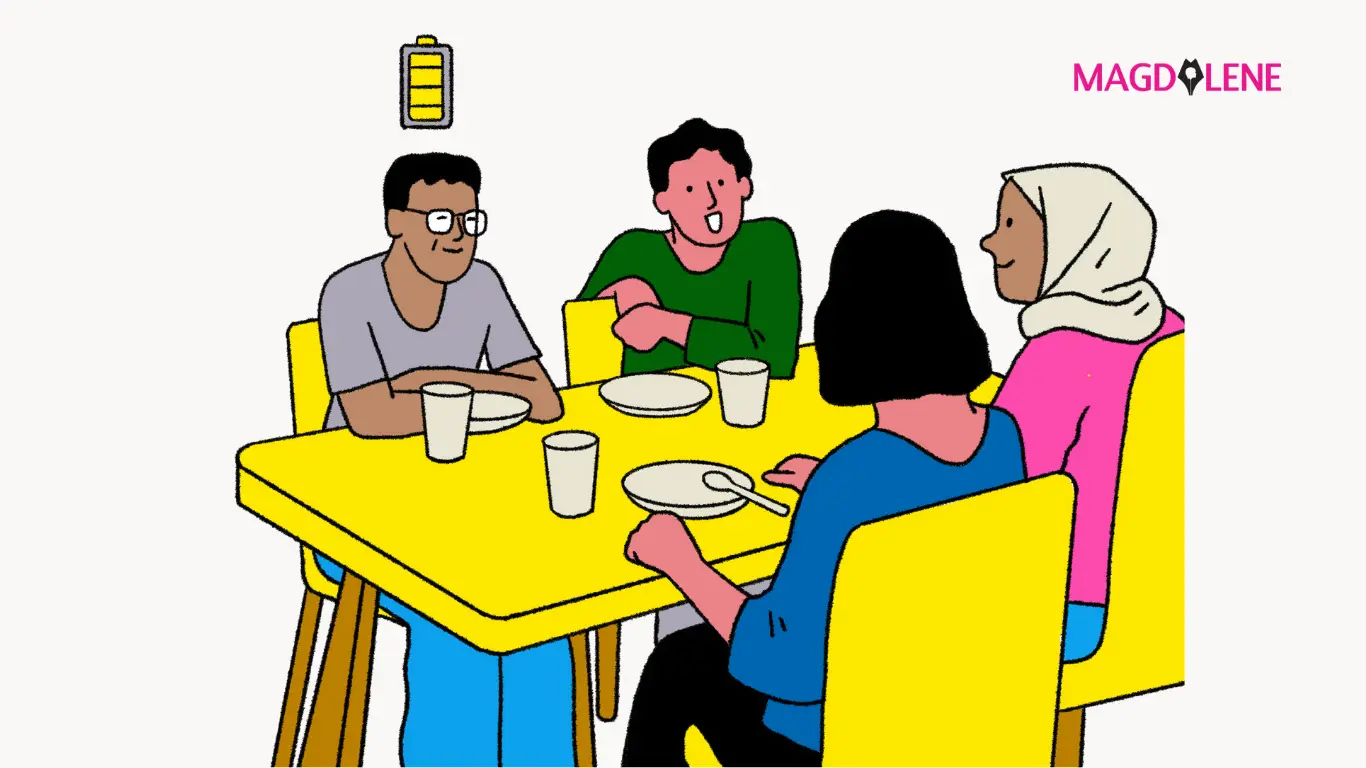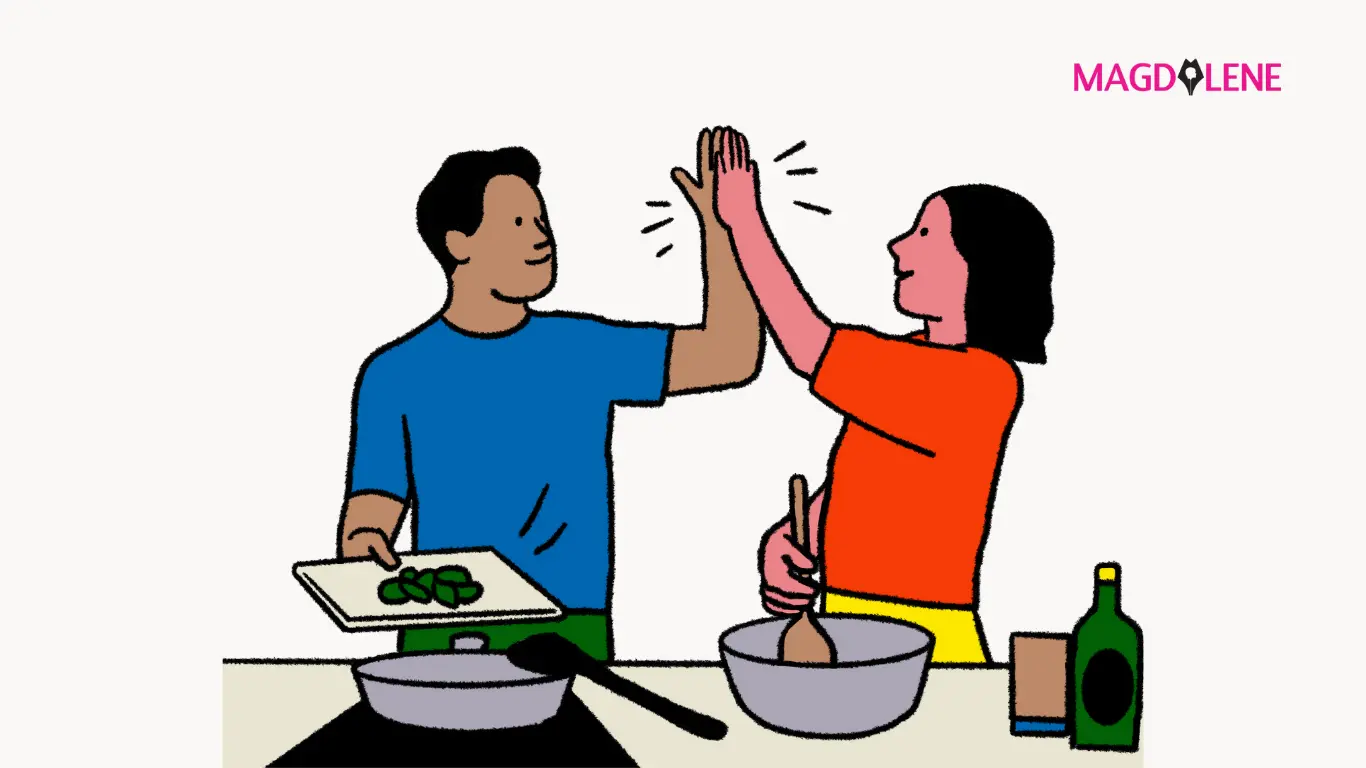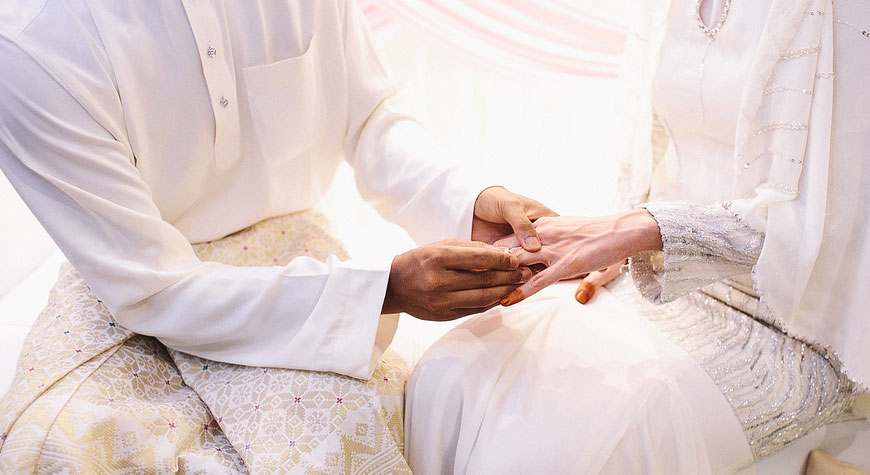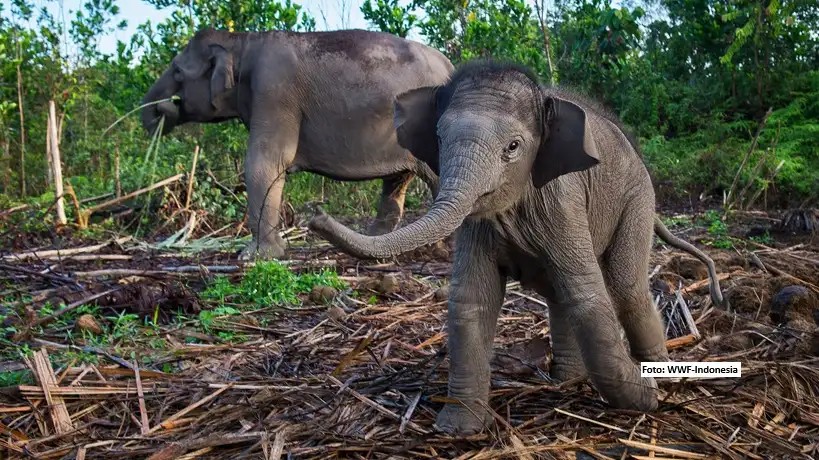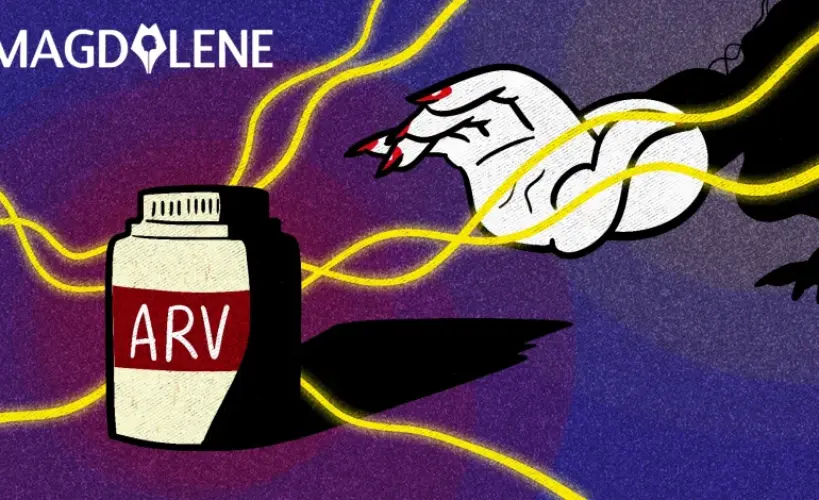The Pursuit of Passion and How It Can Be Wrong

Passion has become a virtue in our day and age. We are asked to listen to our heart, go for our dreams, and be anything we want to be. A song even tells us that there can be miracles when you believe.
The message is clear: the pursuit of passion must drive our choices. Those attending graduation ceremonies in the weeks ahead will most likely be hearing the same message, enunciated in different ways.
What can be so wrong with such a heart-warming message? For many, it is an enviable feat to be able to accomplish that which you have long desired.
The only problem is that passion is too often a misplaced virtue.
Generation Me

Jean Twenge, a social psychologist, considers young people growing up in the West today to belong to Generation Me. We generally call them millennials but by referring to them as Generation Me, Twenge invokes the central attributes of today’s youth. In her words, they are “confident, assertive, entitled”.
What accounts for the confidence?
It is because these young people grew up in an environment that celebrates individuality. The celebration is about the accomplishments of the self, the discovery of what makes one happy, and being true to one’s soul.
All joyful, these moments come together in the pursuit of passion.
Indeed, passion has become the byword for dream jobs, hipster hobbies, and the cosmopolitan lifestyle.
They have their Filipino counterparts – mobile urbanites – and they are not too far off. Or at least they aspire to the same set of accomplishments. There’s a reason BGC is called the “home of passionate minds”.
But there is a slight problem here.
Passion, in this light, is an inward journey, a discovery and accomplishment of the self, so to speak. And when left unchecked, it is thoroughly more invested in the self than it is in the affairs of this world.
Reframing passion
But passion was never about the self, or at least its joys. An early rendering of the word passion was recorded in Old French in the 10th century. It specifically referred to the physical suffering of Christ. Later on it evolved to denote the suffering of the martyrs. Christian martyrdom, after all, was fashionable then. The faithful’s passion for God was tested in terms of physical endurance.
In the 14th century, passion became more about strong emotions as it was used to translate the Greek word pathos. In rhetoric, pathos is a mode of persuasion that appeals to emotions. In the 16th century, passion became about sexual love, long before the sexual revolution of the 1960s.
The trajectory of passion demonstrates for us that its origins were not about the discovery of the true, the good, and the beautiful.
It was in fact about the very experience of suffering. Only much later did it become about happiness and adventure for you only live once.
Many of us are driven by passion. The ethos of the day compels us to pursue something that gives us joy, peace, and meaning. But passion needs to be reframed. The original passion of passion, as it were, was to suffer in view of something greater and beyond the self.
The words of Frederick Buechner, a theologian, come to mind: “The place God calls you to is the place where your deep gladness and the world’s deep hunger meet.” Passion can only be true to its cultural origins – the very reason the word was coined – is if it encounters suffering.
It is this kind of passion that matters most in a time of turmoil such as ours: When truth is deliberately foregone, when fears are allayed in a smokescreen of strength, when the poor are allured into a fantasy of liberty and peace, and when the youth – our vanguards of idealism and radical change – are mesmerized by the misleading promises of a self-centered future.
This is the time that we need to go back to the heart of passion – to make choices that make a lasting difference in this frail world into which we have all been born. Even if these choices are tough. Even if these choices cause us suffering.
But it is all worth it. It is worth it if only to know and act upon the fact that we were born for such a time as this.
Jayeel Serrano Cornelio, PhD is the Director of the Development Studies Program at the Ateneo de Manila University. He is currently at Lucian Blaga University of Sibiu in Romania on an Erasmus+ mobility grant. Share with him your thoughts on Twitter @jayeel_cornelio.
This article was first published by Rappler.com, a Manila-based social news network where stories inspire community engagement and digitally fuelled actions for social change.


